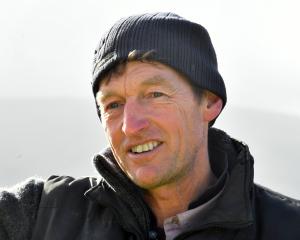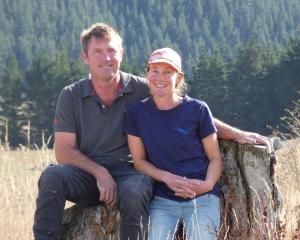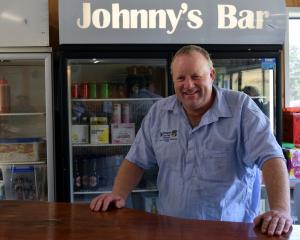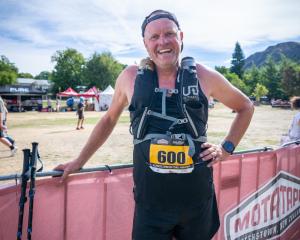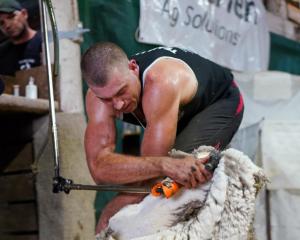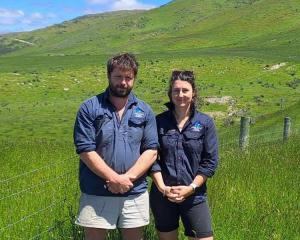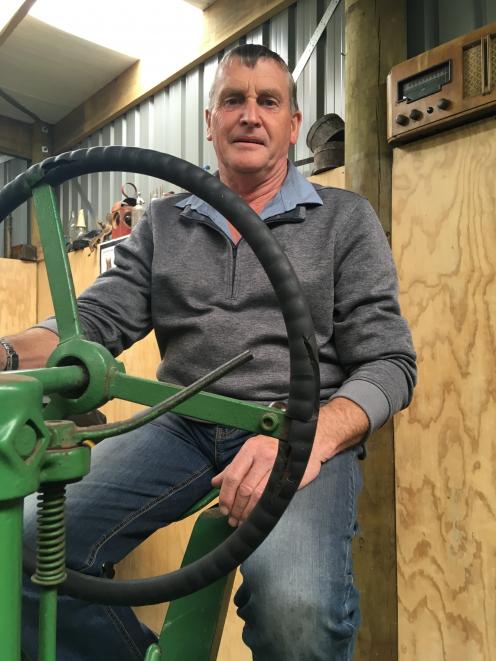
''I'm a rural person, but I'm not a farmer,'' he says at his country property near Pleasant Point.
''I enjoy the rural life, the people and the farmers themselves.
''The majority of farmers are business people and good to deal with. Some are very good friends.
''I'm chairman of the Mackenzie (A&P) Show - once again that's working with people.''
It was the growing corporate nature of his business - Gordon Handy Machinery - in which he had the John Deere dealerships for Timaru, Greymouth, Kaikoura, Blenheim, Nelson and Oamaru, that led to his rethink.
John Deere was looking at a consolidation of dealers so he decided to place his business on the market, selling it last year for an undisclosed sum to Drummond & Etheridge, of Ashburton.
''I'm still on the advisory board for them.
''I believe strongly in customer relationships; a big company has trouble talking to customers. You lose that one-to-one contact, so I decided to move on.''
Mr Handy grew up on a farm at Fairview, inland from Timaru; tinkering with machinery and tractors appealed to him more than tending sheep, cattle and raising crops.
''At secondary school my grandfather gave me an old tractor; he said 'if you can get it to go, you can keep it'. I did.''
He served an apprenticeship with Timaru Tractor Services in Timaru which was owned by prominent horse trainer Gordon Jackson.
''I loved it from the start.''
Keen to work for himself, he went agricultural spraying for four to five years around the Claremont, Taiko and Rosewill areas until a John Deere dealership came available in Timaru.
With a tractor salesman, Dick Edwards, he took over the dealership in 1979.
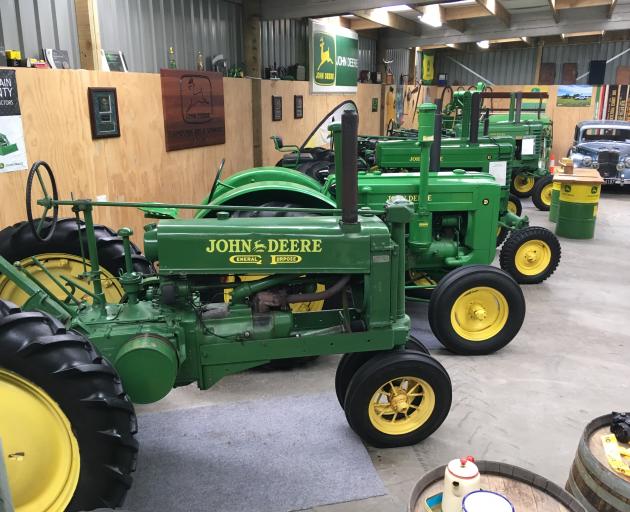
Both Mr Handy's father and grandfather had owned John Deere tractors.
Farm sizes and tractors were a lot smaller then, he says.
However, through the downturn of the 1980s it was not plain sailing.
''I tightened the belt very, very tight. At that stage I was on my own; I came out of it brighter and cleverer.
The best part of a downturn is you know there'll be good after that.
''Farming picked up quick; farmers are resilient.
''We bought Oamaru in '86 and expanded the company to Greymouth, Nelson, Blenheim and Kaikoura and we had 100 staff.
''The reason we got the new developments was to spread risk.
''When that got going we were doing a lot of ride-on mower and tractor sales a year.
''We gained the top market share of 30%.
''Blenheim gave me grapes; I had to learn a lot about the grape industry.
''Also, with grapes you dealt with corporates, a lot of purchase decisions were made round the board table which I enjoyed.
''Most were multi-deals - it could be a 30 tractor deal. Once we sold 50 units.''
The key to business success, Mr Handy says, is quality of product and after-sales service.
He has visited the headquarters of John Deere in the United States; the largest agricultural machinery company in the world.
''The tractors we get come in from Germany and the bigger stuff from the mothership in the United States, Waterloo in Iowa.
''I took farm tours through Waterloo; it's massive.''
Selling his business has given Mr Handy more time with wife Gill (they have two daughters) and for pursuing other projects.
He has been instrumental in helping formulate a heavy truck driving course in conjunction with Ara Polytechnic.
''I'm quite heavily involved in the Chamber of Commerce; they got me into the driving course.''
He also restores cars and is a volunteer with the South Canterbury Traction Engine and Transport Museum.
''I'm working with the Mackenzie Development Group looking at development in the Mackenzie area and I've gone on the South Canterbury regional council of St John.''
He thinks South Canterbury could face a tighter period financially, but not for long.
''South Canterbury is based on agriculture, [and] with any recession, agriculture is the thing that comes up first.
''A lot of businesses are run out of South Canterbury; we're central and have a good port. South Canterbury is very secure.
''And the closer you are to agriculture, the safer you are.''
-By Chris Tobin


